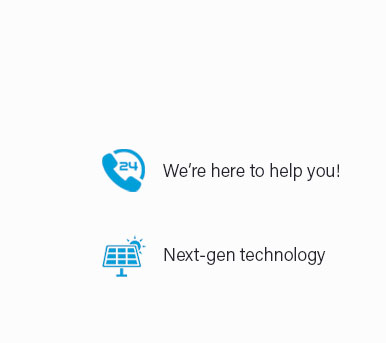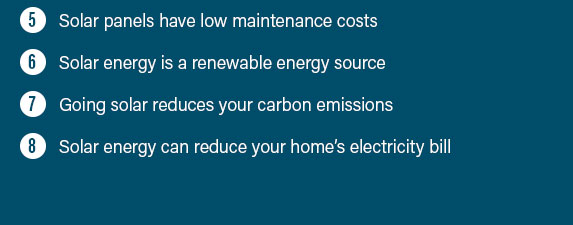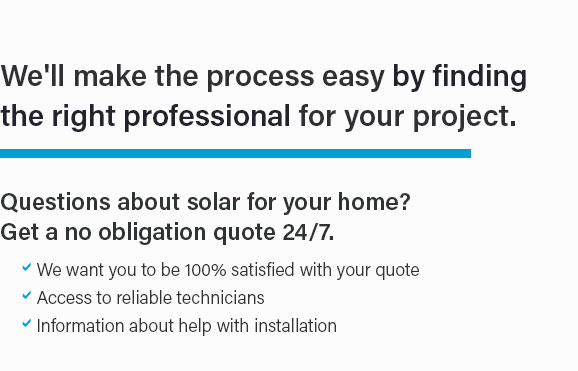 |
 |
 |
 |
 |
 |
 |
 |
 |
 |
 |
 |
 |
 |
|
 |
 |
 |
|
Transform your business's energy future with our unparalleled commercial solar panel installation in Tennessee-where innovation meets sustainability; get your personalized solar panels installation quote today and watch your energy costs plummet while your corporate social responsibility soars, all backed by our commitment to quality, efficiency, and a brighter tomorrow.
https://www.cleanenergyauthority.com/tennessee-solar-installers
Installers List - Astrawatt Solar of Nashville - Harvest Solar - Solar Thermal Systems - AEG Energy Solutions - Hannah Solar - Solar & Renewable Power Systems - Big ... https://lightwavesolar.com/
LightWave Solar is a trusted solar contractor for turnkey solar installations in Tennessee, Kentucky and beyond. Book your solar project consultation today. https://www.tn.gov/environment/program-areas/energy/state-energy-office--seo-/solar-energy/commercial-solar.html
Commercial solar is available to businesses in Tennessee exploring renewable energy. By generating its own electricity through solar panels, an organization ...
|